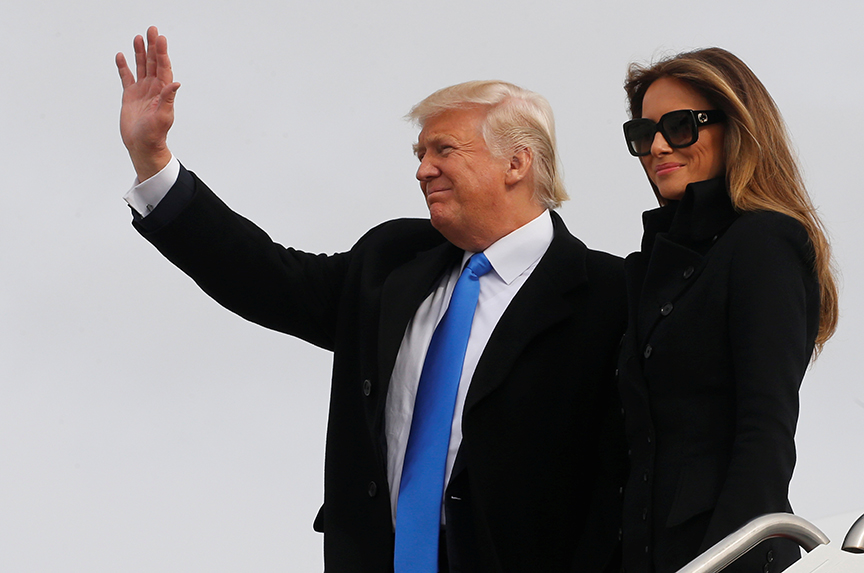 US President Donald J. Trump, in a late-night, all-caps tweet on July 22, threatened Iran with “consequences the likes of which few throughout history have suffered before” if Iranian leaders continued to threaten the United States with war.
US President Donald J. Trump, in a late-night, all-caps tweet on July 22, threatened Iran with “consequences the likes of which few throughout history have suffered before” if Iranian leaders continued to threaten the United States with war.
Trump’s tweet was an apparent response to a comment by Iranian President Hassan Rouhani to Iranian diplomats in Tehran. “America should know that peace with Iran is the mother of all peace, and war with Iran is the mother of all wars,” Rouhani said, according to Iran’s state news agency IRNA.
In many ways, Trump’s tweet has echoes of his Twitter outbursts against North Korean leader Kim Jong-un, which ultimately led to a summit between the two leaders in Singapore on June 12.
Iran, however, is a different kettle of fish.
“Trump is hoping that tweeting a threat of war, similar to his ‘fire and fury’ comment about North Korea, will pressure Tehran to negotiate,” said Holly Dagres, a nonresident fellow in the Atlantic Council’s Middle East Security Initiative.
“Instead, Trump’s saber-rattling is pushing Rouhani to match his rhetoric and join the hardline camp, thereby emboldening hardliners—who refuse to negotiate with the United States—and their stances,” said Dagres.
“Any threats toward Iran, regardless of who is in power, stirs nationalist sentiments in the majority of Iranians to rally around the flag and their government,” she added.
Similarly, Amir Handjani, a senior fellow in the Atlantic Council’s South Asia Center, contended that it’s “clear the Trump administration isn’t interested in diplomacy with Iran.”
“Anyone who has studied Iranian politics closely would know that threatening and humiliating them publicly only hardens their positions,” said Handjani.
Read the rest on the New Atlanticist blog.
Ashish Kumar Sen is deputy director of communications, editorial, at the Atlantic Council. Follow him on Twitter @AshishSen.
Image: US President-elect Donald Trump and his wife, Melania, arrived aboard a US Air Force jet at Joint Base Andrews, Maryland, on January 19. (Reuters/Jonathan Ernst)
